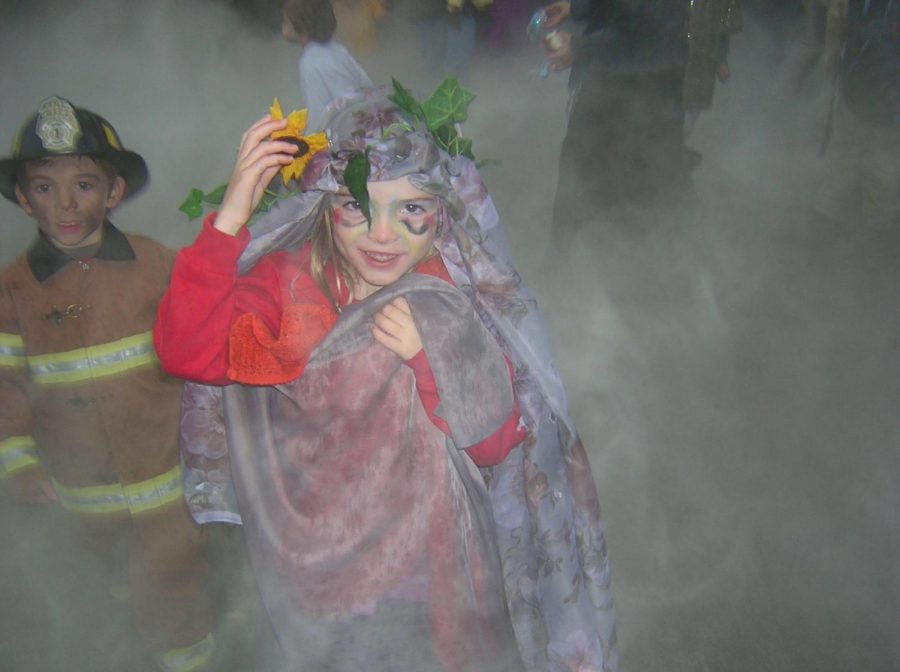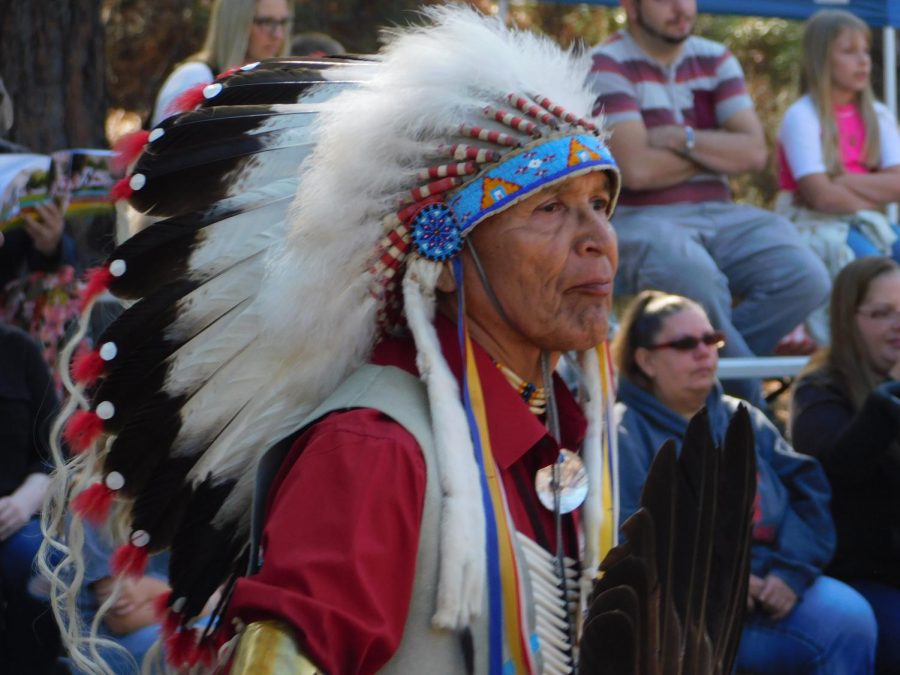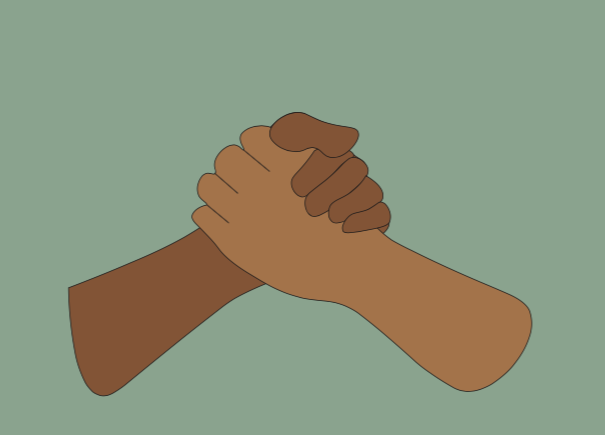Halloween weekend is upon us. This means students will revel with an excessive candy intake, pumpkin carving (and smashing) and dressing up in costumes to partake in tricks and treats of all sorts. But there will be other students who will not participate in these festivities. In fact, it is likely that they may decide not to leave their apartments because they are scared of what they might see. For students going out on Halloween, ghosts and ghouls are the least of their worries, but cultural appropriation just might be.
By definition, cultural appropriation is the adoption or use of elements from one culture by members of a different culture. In some way or another, everyone partakes in cultural appropriation. Purchasing clothing or souvenirs from another country or from a store that relies heavily on imported goods can be seen as appropriation. Considering our globalized world and culture’s intrinsic fluidity, cultural appropriation is potentially positive. To borrow clothing, arts, artifacts or ideas from other cultures and join them to your own is not inherently bad.
With that said, cultural appropriation can have negative connotations. Especially surrounding Halloween, there is a general perception that borrowing from another culture oppresses that culture. There are very unfortunate cases where this has happened, and many were hurt and offended as a result.
Just a few weeks ago, the University of California at Los Angeles Sigma Phi Eplison fraternity and Alpha Phi sorority alike were heavily criticized for having a “Kanye Western” theme party. The Daily Bruin reported that attendees were dressed in baggy clothes, do-rags, and decorated themselves with plump lips and padded bottoms to mimic Kanye West and Kim Kardashian respectively. In result, hundreds of students accused the fraternity for mocking black culture and marched in protest with signs that read “Our culture is not a costume.”
If the intention of the UCLA partygoers was, in fact, to appreciate Kanye West and Kim Kardashian, this event proved that even if you don’t intend to hurt someone by wearing a costume, you still might and the effects are irreversible. Even the best intentions need redemption at times.
In the same way, Marquette students need to be mindful if they plan to dress up this weekend. Years have passed and hopefully students understand that blackface, dressing up as stereotypical Native Americans, Mexicans, terrorists, et cetera is unacceptable and frankly, irresponsible.
Maybe there are cases where students will dress up in ways that incorporate different cultures to appreciate and celebrate them. If you feel worried about whether you may offend someone with the costume you plan to wear, it is important to ask yourself whether it stereotypes or mocks another person’s tradition or heritage, because there are individuals who live that culture daily and may take offense.
This Halloween, just like any other, it is to the discretion of the individual to discern whether wearing a headdress or decorating oneself as a sugar skull mocks or respects the corresponding culture. When you are educated about the culture that you are disguising yourself as, you have the opportunity to pay homage to the craft and idea behind it, and in part recognize its origin. Stereotyping and dressing up as a culture different from your own “because you can” is not a valid reason to dress up and could have adverse effects. It may be haunting to know that you are ultimately responsible if someone is offended by what you wear this Halloween, so be mindful of the decision you make.









